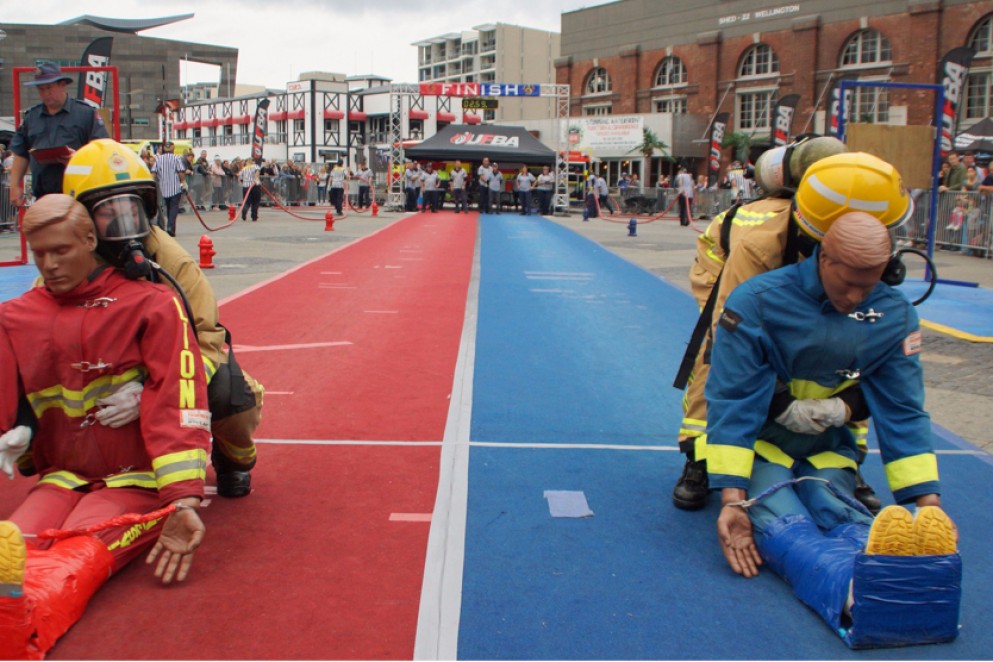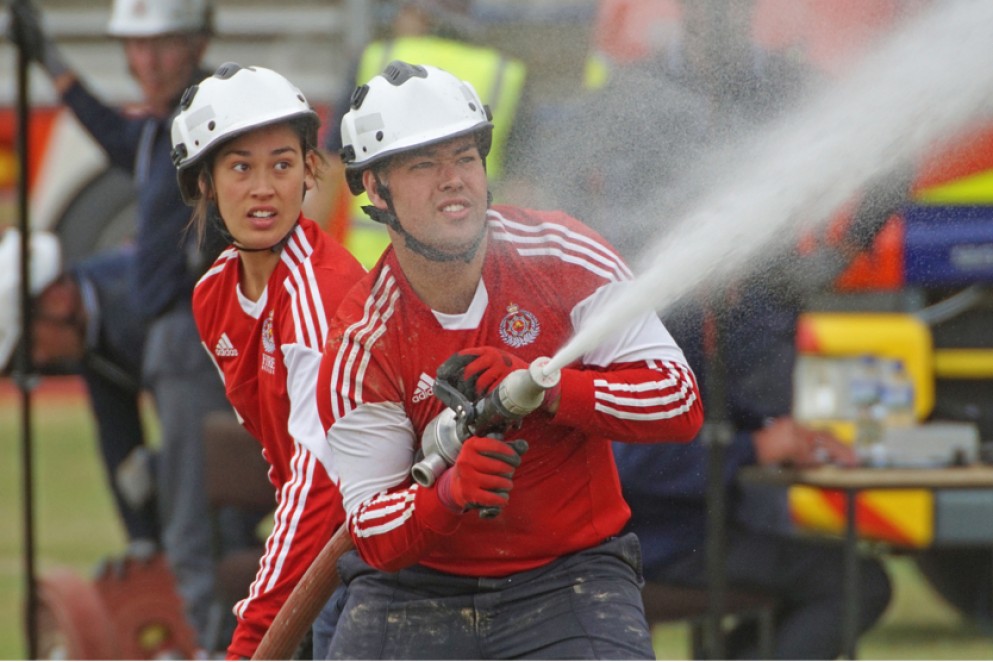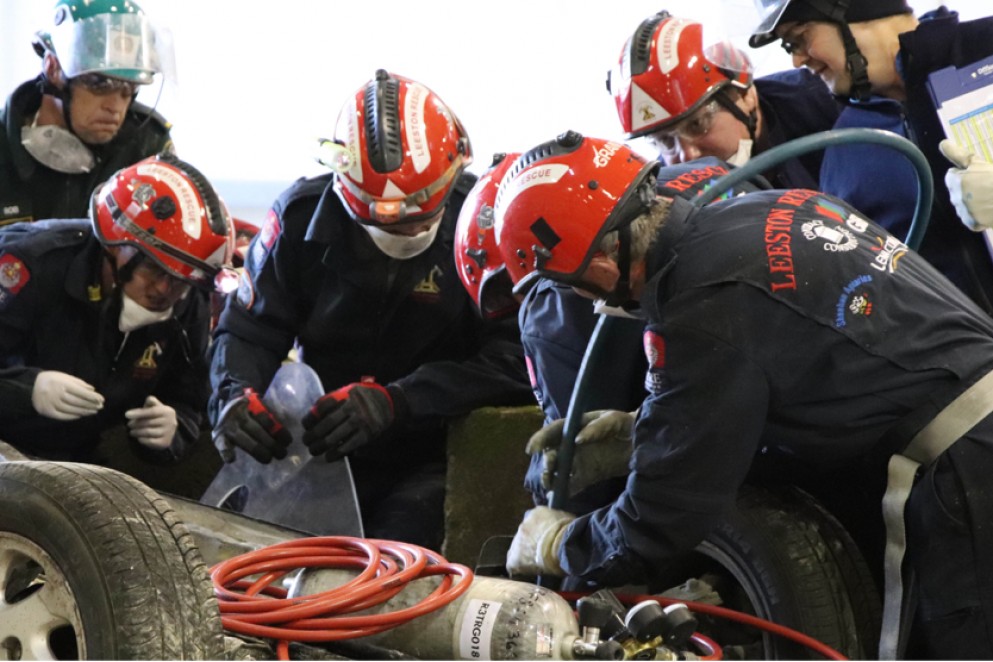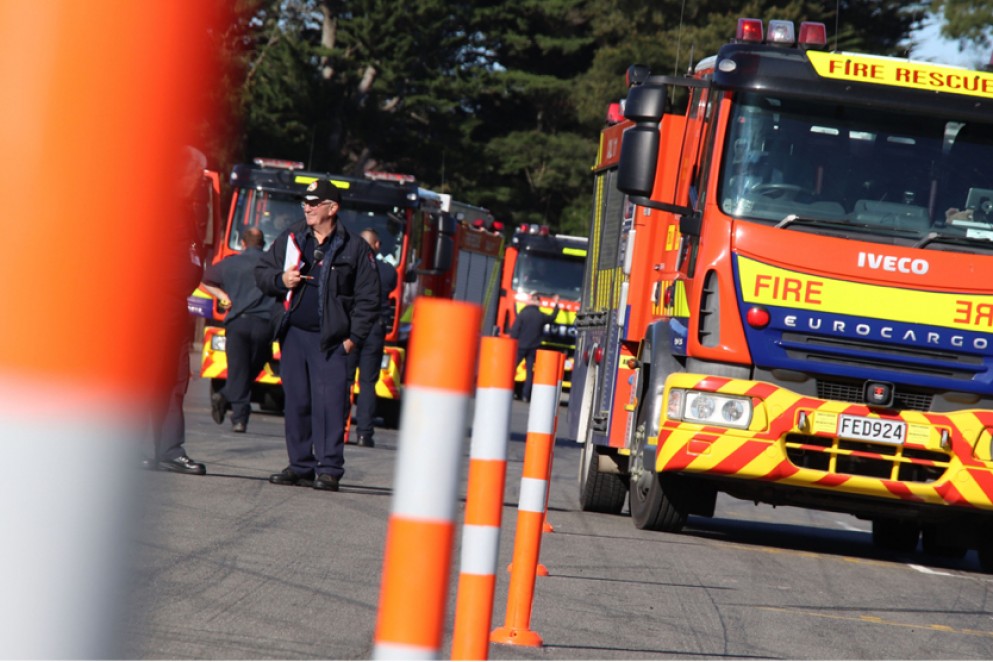Hidden in Plain Sight
An independent valuation of the contribution of New Zealand's volunteer fire force
The United Fire Brigades’ Association (UFBA) is the largest association supporting firefighters in New Zealand and has done so for over 147 years Our members include volunteer and paid firefighters, Pacific Islands, industry such as airports, and defence force brigades. We champion volunteerism, the independence of volunteer brigades as a community-based resource, and advocate on behalf of c. 14,000 members in the fire and emergency services sector.
On Friday 14 June 2024, the UFBA released an independent report on the valuation of the contribution of New Zealand’s volunteer fire force – titled “Hidden in Plain Sight”.
This report shows New Zealand needs to do more to invest in our volunteer firefighters to ensure they continue to keep New Zealand safe for the long term future.
Volunteer firefighters are not free.
They are our farmers, emergency room doctors, police officers, airline pilots, lawyers, teachers, retailers, and tradespeople who answer the call to duty, leaving their daily lives behind to face emergencies head-on, sometimes at great cost to themselves, their families and their employers. They are driven by a selfless commitment to their communities, and their role often goes unseen and under-appreciated.
It is clear they are a taonga (treasure) and as a nation, we need to protect and preserve them. The sacrifices our volunteers make cannot be taken for granted.
The personal cost to volunteers alone is significant, and we can now put a dollar figure to their value.
The report shows these volunteers contribute an astounding 823 million dollars in annual economic value to New Zealand. Which is nearly $200 million more than the annual operating budget for Fire and Emergency New Zealand.
FENZ is reliant on its volunteer workforce. Without them, there would be no FENZ.
FENZ is a substantially volunteer-based organization supported by paid specialists. With volunteers making up 86% of the frontline workforce - they are unique amongst all volunteers in NZ, because they are formally engaged in a formal service agreement with a government agency to be on call 365 days a year, 7 days a week, 24 hours per day- all without pay - and the Fire and Emergency New Zealand Act 2017 requires them to be protected and supported. However, the required investment to provide better support for volunteers is just not there.
The UFBA is calling for fairness and equity in how the volunteer fire force is treated, resourced and acknowledged.
They should not be subject to funding cuts, inferior resourcing, or taken for granted.
Firefighters today are not just about fire.
From responding to motor vehicle accidents, medical call-outs, hazardous materials, search and rescue, natural disasters, weather events, and structure and vegetation fires, they are always ready.
The report shows an analysis of FENZ incident and response data from the last 12 months which shows that the roles of the volunteer and paid firefighters are vastly different, with the volunteer brigades undertaking broader roles across the fuller range of emergencies that arise.
Therefore, building safer, more resilient communities responded to by volunteers within their communities.
Our members have told us that many of their communities do not realise they are volunteers, this tells us that the New Zealand public cannot differentiate between volunteer and paid firefighters as both provide the same, professional level of service and response.
The report is not asking for our 11,832 volunteer firefighters to be paid. Our population is simply not large enough to support fire stations staffed by paid firefighters throughout the country, and our volunteers aren’t motivated by money – for them it’s all about giving back to their communities.
The report is calling for the contribution of volunteer firefighters to be valued and treated equally and fairly.
Volunteers do not receive the same level of uniform, training, or equipment as their paid colleagues. They also receive less rehabilitation support, compensation, and health and safety cover when they are injured on duty. ACC does not cover mental trauma experienced by volunteer firefighters on duty, or chronic workplace illness because they do not receive payment for their work.
That fact is astonishing and cannot continue. Volunteer firefighters deserve greater recognition for what they do.
It is time for us, the government and other decision-makers to recognise the enormous contribution our volunteer firefighters make, and to ensure the needs of our volunteers are always top of mind.
Kia kaha, kia Kotahi ra: Our strength is in our unity.




